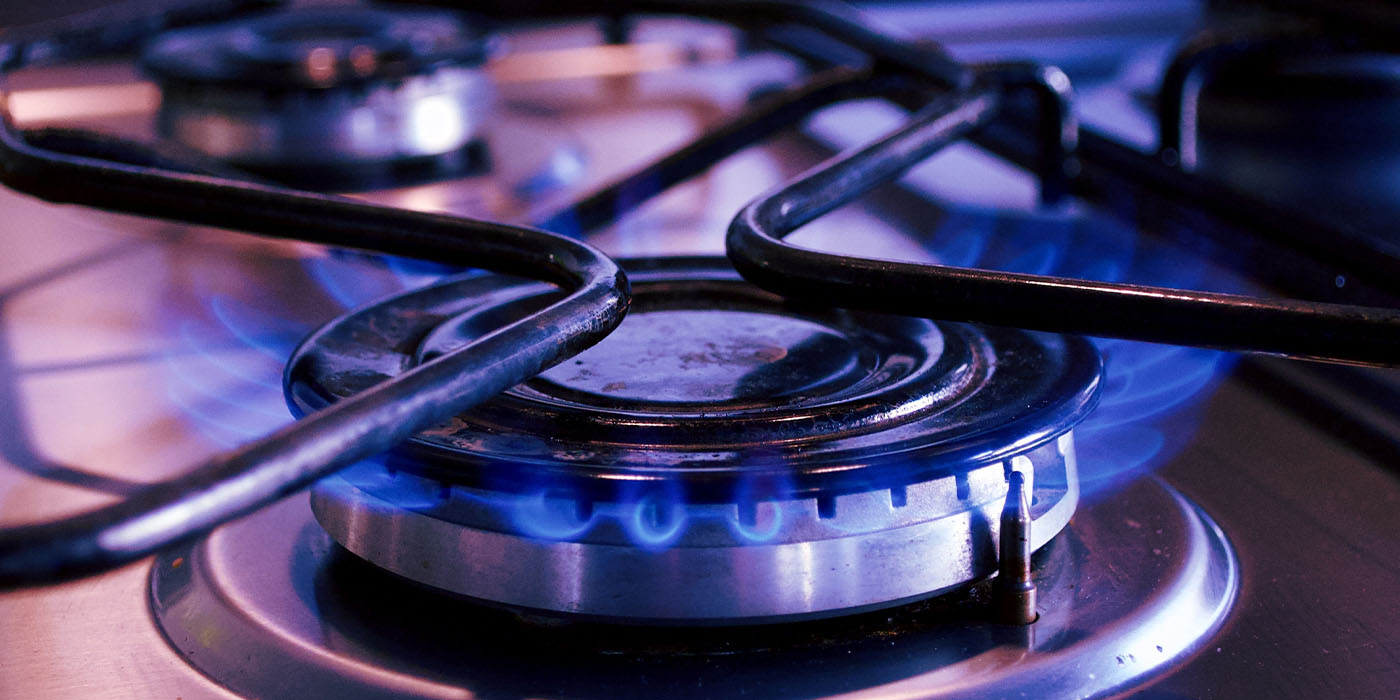Liquefied petroleum gas, commonly known as LPG, is a fuel that comes from the mixture of two main hydrocarbons: propane and butane.
It is known as liquefied gas because it is in a liquid state and because it is obtained mainly through an oil refining process.
Domestic use of LPG
LPG is used as fuel through a pipe installation that connects directly to equipment or appliances in homes. It is mainly used as a source of energy to heat water, food and household spaces.
The most common uses of LPG are:
- Stoves or grills to cook food
- Heater or boiler to heat water
- Boiler for central heating or swimming pools
- Dryer
- Gas fireplaces
Characteristics and composition of LPG
The main characteristics of LP gas being a composition of propane and butane are the following:
- Colorless: in liquid state it is transparent.
- Odourless: so it is necessary to add an odorant (mercaptan) to detect any leak.
- Clean: its combustion leaves few residues and does not leave a bad taste in food.
- It is heavier than air: in the event of a leak, it tends to be stored in lower parts such as floors and basements.
- Highly flammable: on contact with any spark or flame.
